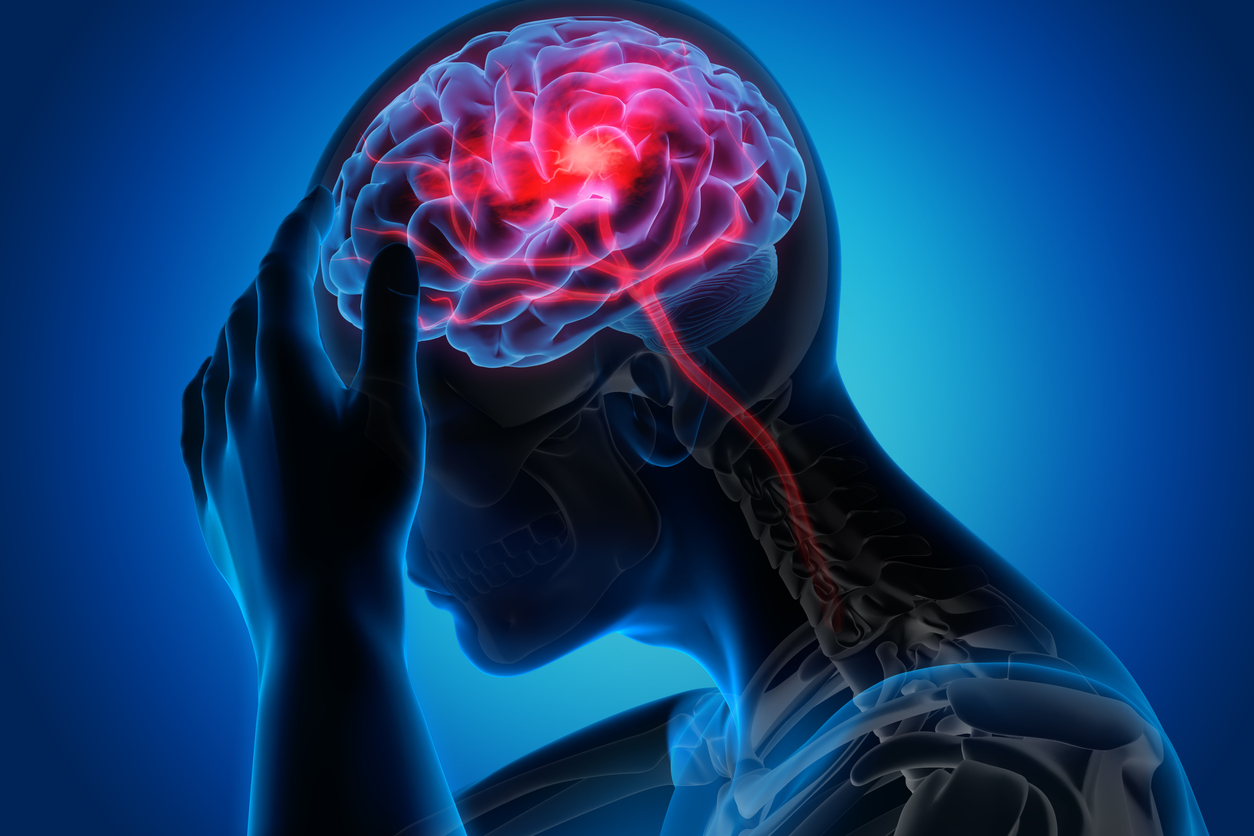Apr 14, 2025

Sexually transmitted diseases (STDs) are a personal issue that can be prevented with caution and safe sexual practices. Partners should use condoms every time during intercourse and avoid frequent partner changes to reduce infection risks.
STDs are caused by sexual contact with an infected person without protection, whether through vaginal, anal, or oral intercourse. Each disease is caused by different pathogens and has distinct symptoms.
STDs are infections transmitted primarily through sexual activity, though some can spread through other means. Common STDs include:
Gonorrhea:
Caused by bacteria. Transmitted via genitals, anus, or mouth.
Symptoms: Men experience burning during urination; women have milder symptoms. Asymptomatic carriers can transmit bacteria to infants during childbirth.
Chlamydia:
Caused by Chlamydia trachomatis. Symptoms resemble gonorrhea. Transmissible to infants during delivery.
Genital Herpes:
Caused by HSV (Herpes Simplex Virus). Spread through vaginal or anal sex. Causes blisters on genitals. Virus can spread even without symptoms and infect newborns during birth.
HIV Infection:
Destroys the immune system, leading to AIDS if untreated. Transmitted during pregnancy, childbirth, or breastfeeding.
HPV Infection:
Over 200 strains; ~40 spread sexually. Some cause genital warts; others cause cancers (e.g., cervical, throat).
Pubic Lice:
Small parasites living in pubic hair, legs, armpits, or eyebrows. Feed on human blood. Spread via direct contact or shared towels/bedding.
Syphilis:
Caused by bacteria. Transmitted via genitals, anus, mouth, or lips. Can pass to fetuses. Causes skin sores/rashes and increases HIV risk. Untreated, it can be fatal.
Vaginal Trichomoniasis (Trich):
Caused by a protozoan. Often asymptomatic. Symptoms (e.g., vaginal discharge) appear 5–28 days post-infection. More common and severe in women.
Hepatitis B:
Liver disease caused by Hepatitis B Virus (HBV). Spread through sexual contact.
Symptoms vary by disease and may affect the genitals or other body parts:
Abnormal vaginal discharge (chronic, recurring, foul-smelling).
Itching or irritation in genital areas.
Bumps, rashes, or sores on genitals (may ooze pus or fluid).
Painful urination or ejaculation.
Discomfort during sex.
Fever, muscle aches, swollen lymph nodes.
Use condoms correctly every time during sexual intercourse.
Maintain a single sexual partner.
Annual STD screening (e.g., gonorrhea, chlamydia) for:
Sexually active women under 25.
Women with multiple partners or men who have sex with men (MSM).
Annual syphilis testing for MSM.
HPV vaccination for individuals aged 9–45 years.


